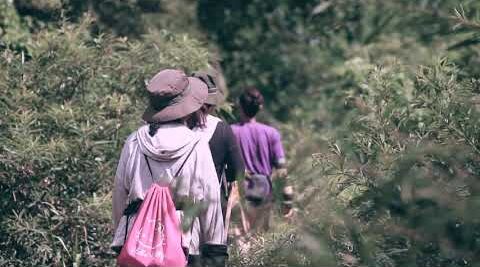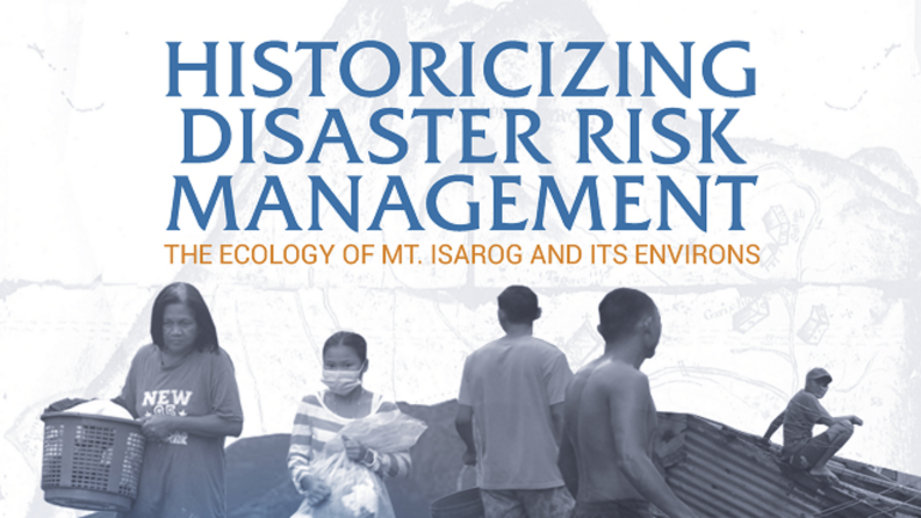
Community-engaged archaeology: the Bicol Archaeological Project
The Bicol Archaeological Projects (BAP) seeks to challenge the conventional narratives of conversion, resistance, and retreat by providing us with a more nuanced understanding of how indigenous communities in the Philippines navigated the complex waters of colonialism. By investigating archaeological sites, landscapes, and incorporating community stories, the research projects aim to uncover the hidden stories of indigenous resistance and cultural transition during this tumultuous period. It's not just about unearthing artifacts; it's about uncovering the agency of indigenous peoples in shaping the Philippine landscape.

Lolo Isyo, Plants & Healing
Lolo Isyo shows the microcosm of the local practice of plant gathering and healing situated within the enduring human mastery and utilization of the local landscape. Through this short documentary, we tell the story of how the local practice of healing perpetuates in the local culture negotiating with modernity.
This short documentary is a collaborative initiative of the Museo de Isarog, UCLA Program for Early Modern Southeast Asia, Bicol Archaeological Project, PSU-Center for Partido Studies, the Archdiocese of Caceres, and the Commission on Higher Education.

Historicizing Disaster Risk Management: The Ecology of Mt. Isarog and its Environs
A webinar series invites scholars to share collaborative approaches to studying ecological change in the region and how community-engaged research can reshape disciplinary boundaries. The Program for Early Modern Southeast Asia (PEMSEA) in collaboration with Partido State University (PSU) launched a 8-panel webinar series in summer 2021 highlighting the cultural and environmental histories of Partido district and situating it in global discussions on environmental change during 14th to 19th centuries in Southeast Asia.
